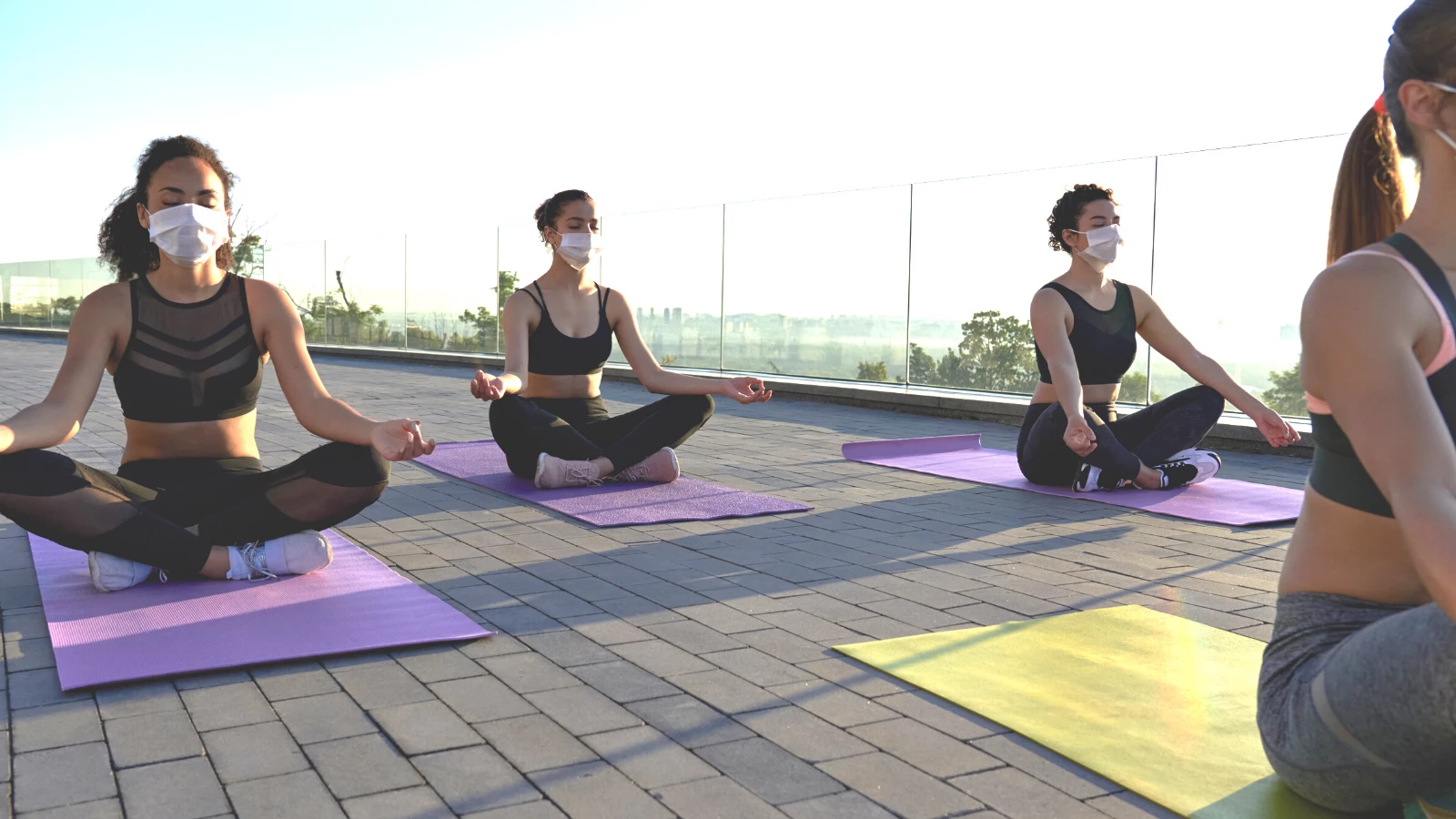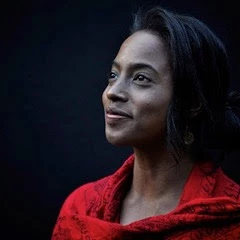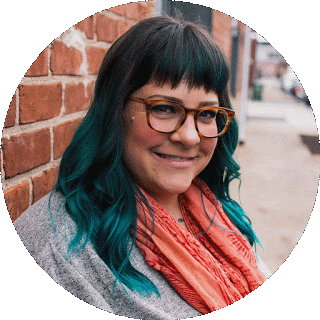How to Maintain Large-Heartedness During COVID-19

A few weeks ago, Michelle Cassandra Johnson, yoga teacher and social justice activist, and Amber Karnes, founder of Body Positive Yoga, discussed some important topics that haven’t received much media attention lately. The two yoginis talked about collective care and, in particular, anger and large-heartedness in these times. Here is a transcription of a small part of the discussion.
Michelle: We’re in an urgent time right now, although things have always been urgent. Culture elevates some people and oppresses others. Yoga and spiritual practice are about mindfulness and how we’re behaving and thinking, how we might want to change the way we’re thinking and acting, and how we might want to shift how we’re in relationship with others.
My practice has given me an awareness of others and the impact my actions have on others, and I feel like it is urgent. We know the inequities that were in place before [the COVID-19 outbreak] are just being illuminated more, highlighted based on services, and current narratives about people, such as who deserves to be well and cared for. There are serious concerns, and I want us to be mindful as we respond to the urgency right now—who gets treatment, who doesn’t. And I want to be mindful of how we react.
So how do we engage our spiritual practice at this time? This practice of being present to what is while holding on to what ought to be, while being mindful of urgent concerns, while trying to stay centered and grounded, is not easy. I feel we need to engage in it—although it doesn’t feel easy all the time—recognize that this is the practice.
The question I’ve been sitting with is: how to be a dutiful warrior? The Bhagavad Gita is all about that. How do we show up for our dharma, our duty, our path, our work? And what does it mean to be large-hearted at this time? When Arjuna is expressing boldness and stamina and strength, he is also moving from a place of large-heartedness.
Amber: How do we lead from the heart? My default emotion is anger, especially when it comes to injustice and greed. As you said, none of this is new; it’s just being illuminated and so much more in our faces.
I know for me when that experience of anger pertains to injustice, corruption, or greed, it feels so big that I sometimes forget that what I’m feeling is connected to the fact that I love. I want everyone to have equity, to be safe, and to have their needs met.
I’d love to have you talk about how you stay connected because you’ve done this work for a very long time and have the experience of being a person of color in America. I’m sure there’s so much anger all the time. How do you stay connected to that large-heartedness? Especially since our drive to make this world a better place comes from that place of love.

Michelle: How to keep an open heart and move from the heart when such horrific things are happening? I also want to name ancestral trauma that’s connected to that. It’s not just my anger or grief but comes from generations of black people. We hold these things in our bodies. That’s one reason why we show up for yoga practice: to feel the body and to breathe to try to move some of that energy.
There are some people who know me from workshops who don’t think I’m angry. But I am angry about what’s going on, and that’s why I do the work I do, and that’s part of what drives the work. And part of the anger is a passion for the work and the practice.
I’ve decided that I don’t want the anger to consume me. As Amber mentioned, I’m a black woman. And dominant culture definitely wants to consume me, wants me not to be because of my blackness.
I want to see my emotions. I want to be with my anger, but I work really hard to keep an open heart. But I have boundaries. It’s not a heart that is open to everyone to be carved and fractured. But a heart that is mindful, devoted, connected, and aware of the connection with other beings.
Anger is usually connected to grief. People are usually angry because they’ve lost someone or something; they’re witnessing loss happening. That’s what we’re witnessing right now.
I feel like it’s important to be with your emotions, to be angry. See if you can access joy. And be with the discomfort. Try to be with all of them.
If the anger is going to consume you, like it is going to take over your experience, go to the breath, go to the practice, which will help you center and still be able to with the emotion that is there.
Amber: How are you setting boundaries for yourself around you whether that’s interpersonal boundaries or consuming news?
Michelle: A few weeks ago I would wake up in my bed, reading the news! And I stopped doing that. I want to know what’s going on and I’m hypervigilant, but I don’t want to wake up to the news that way. I don’t want to feel all the trauma of what’s happening. I’m a highly sensitive person. Although I can feel it anyway, even though I’m not connecting with people the way I did before.
I put a limit on how much information I’m going to take in about the news on the virus, about the insults against Asian people, which is horrific. It’s always bad but it’s highlighted for people who weren’t aware of it.
Self-care is connected to this boundary setting. I want to prioritize my practice at this time, to be grounded and so I can respond to what’s going on. This time is so unsettling, so ungrounding, and very unpredictable. There has to be a practice of prioritizing whatever will allow us to stay in our bodies and stay grounded.
One practice that I use is to imagine something wrapped around me that is translucent, so I can see what’s going on but I don’t actually have to take everything in. That’s one practice that I use in moments when I feel I need to.
It’s a way to come back into my body, energy, strength. I want to see what’s going on, but I also want to protect my energy. As I said, I need to show up as a dutiful warrior and if my energy is low, I can’t show up because I’m scattered or distracted. People can use whatever imagery works best for them, but that’s what I do when I need to maintain my energy.
If you want to hear the entire discussion, you can listen to it here.
Reprinted with permission from the Accessible Yoga blog where this article was first posted.
 Michelle Cassandra Johnson is an author, yoga teacher, social justice activist, licensed clinical social worker, and Dismantling Racism trainer. She explores how privilege, power, and oppression affects the physical, emotional, mental, spiritual, and energy body. Michelle is the creator of Skill in Action, a 200-hour teacher training program focused on the intersection of yoga and social justice.
Michelle Cassandra Johnson is an author, yoga teacher, social justice activist, licensed clinical social worker, and Dismantling Racism trainer. She explores how privilege, power, and oppression affects the physical, emotional, mental, spiritual, and energy body. Michelle is the creator of Skill in Action, a 200-hour teacher training program focused on the intersection of yoga and social justice.

Amber Karnes is the founder of Body Positive Yoga and a member of Accessible Yoga’s Board of Directors.



